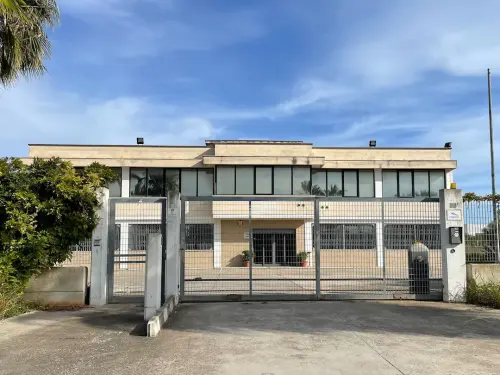Brindisi, Italy, March 13 (Reuters) - In May 2020, Italian police apprehended two men dumping chemical waste into the sewers in the southern port city of Brindisi near a small aircraft components factory.
Fast forward five years, what started as a routine pollution case has evolved into a comprehensive legal inquiry into the inclusion of thousands of subpar titanium and aluminum parts, manufactured in Italy, in nearly 500 Boeing 787 jets still in operation.
The investigation, set for discussion at a preliminary hearing in Italy on Thursday, centers on allegations that tiny aerospace part maker Manufacturing Process Specification (MPS) deceived clients by using inferior quality metals to produce plane components. The company's executives deny the accusation.
Boeing has assured no immediate safety concerns, while U.S. regulators are preparing guidelines for airlines to identify and replace any defective parts, bypassing emergency actions reserved for critical situations.
The probe’s inception stemmed from a chain of events unraveled by detectives, starting with the incidental discovery of pollution and expanding into scrutinizing MPS's procurement practices.
Utilizing insider information, authorities learned that MPS and its predecessor had substituted specified metals, such as a robust titanium alloy, with cheaper and weaker alternatives, like pure titanium, for four years. These faulty components made their way into the aircraft supply chain through Italian group Leonardo.
As Boeing navigates past previous setbacks, the overall aerospace industry faces intermittent challenges concerning inadequate parts. Despite passing multiple audits from 2017 to 2021, MPS did not undergo physical inspections of critical structural elements such as floor fittings.
This scandal, rebuffed by prior reports, raises doubts about the efficacy of regulatory mechanisms, including third-party audits, to prevent substandard parts from infiltrating commercial jets.
"The issue lies in the lack of preventive material checks for these parts," remarked Danilo Recine, vice-president of Italy's ANPAC pilot union.
The Federal Aviation Administration (FAA) has yet to ground any 787 planes but issued draft guidelines mandating inspections to replace flawed components. Though the alleged misconduct is under investigation, Leonardo and Boeing assert their status as victims, declaring confidence in their quality management systems and supplier audits.
The legal proceedings accuse MPS officials of fraud and endangering flight safety by supplying structurally compromised aerospace parts. The investigation uncovered approximately 6,000 flawed parts, with the majority not being structural elements.
Lawyers representing the defendants maintain their innocence, asserting forthcoming evidence will exonerate their clients.
Suppliers seeking certification from Boeing or Airbus undergo audits under the ISO aerospace standards, with additional approvals like NADCAP required for certain processes.
Although independent audits didn’t detect misconduct, Leonardo reassured a review mechanism is in place for contractor vetting and reiterated the commencement of extra tests on significant components for quality assurance.
The MPS case underscores the necessity for enhanced oversight and regulatory frameworks within the aerospace supply chain to prevent similar breaches in the future.
